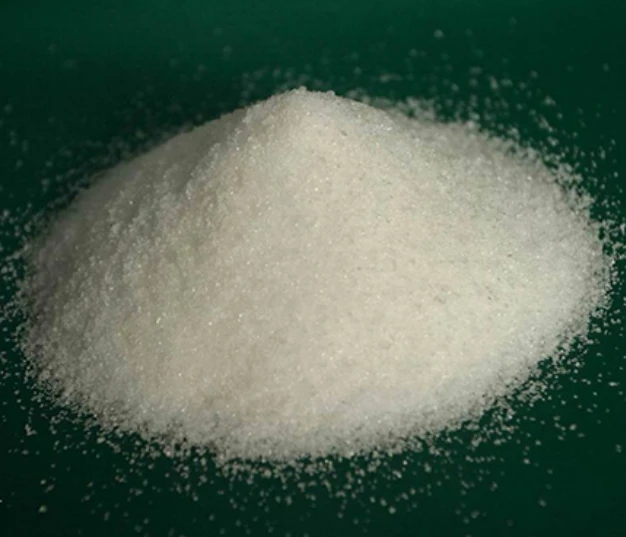Overview of Flocculation Chemicals and Their Applications in Water Treatment
Flocculation Chemicals An Overview of Their Importance and Applications
Flocculation is a vital process in various industries, particularly in water treatment, wastewater management, and even food production. In this context, flocculation chemicals play a crucial role by aiding the aggregation of fine particles into larger flocs, which can then be easily removed from liquids. This article explores the nature, types, and applications of flocculation chemicals, highlighting their significance across multiple sectors.
Understanding Flocculation
Flocculation refers to the process by which particles suspended in a liquid agglomerate into a mass, forming flocs. These flocs are larger and denser than the original particles, making them easier to separate from the water through methods like sedimentation or filtration. The flocculation process is generally initiated by the addition of flocculant chemicals, which can be natural or synthetic substances that promote the aggregation of particles by neutralizing their charge or providing a bridging mechanism.
Types of Flocculation Chemicals
1. Inorganic Flocculants Inorganic flocculants, such as alum (aluminum sulfate), ferric chloride, and polyaluminum chloride, are commonly used in water purification. They work by destabilizing the suspended particles through charge neutralization and enhancing the formation of flocs. These chemicals are effective at removing impurities, such as silt, sediment, and organic matter, making them indispensable in municipal and industrial water treatment.
2. Organic Flocculants Organic flocculants, often in the form of synthetic polymers, are widely utilized due to their high efficacy at low dosages. Common organic flocculants include polyacrylamides and polysaccharides. These compounds can be tailored to specific applications, making them highly versatile. They work by adsorbing onto the surface of particles, creating interparticle bridging that leads to floc formation. In addition to water treatment, organic flocculants are also used in the paper and pulp industry, mining, and even oil recovery processes.
3. Natural Flocculants With increasing environmental concerns, natural flocculants derived from plants, such as chitosan from crustacean shells or mucilage from various seeds, are gaining popularity. These biodegradable options offer effective flocculation while minimizing chemical residues in treated water. Their application is particularly valuable in sustainable practices and green chemistry initiatives.
flocculation chemicals

Applications of Flocculation Chemicals
Flocculation chemicals are employed across a wide range of industries.
- Water Treatment In municipal water treatment plants, flocculants are essential for removing turbidity and contaminants from drinking water. They help achieve regulated water quality standards, ensuring safety for public consumption.
- Wastewater Treatment In industrial wastewater treatment, flocculation aids in the removal of heavy metals, oils, and suspended solids. The application of flocculation chemicals helps meet environmental regulations before wastewater is discharged into natural bodies of water, playing a vital role in pollution control.
- Food Industry Flocculation chemicals are also utilized in the food industry, particularly in the clarification of fruit juices, wines, and dairy products. The removal of unwanted particles ensures better product quality and stability.
- Mining and Mineral Processing In the mining industry, flocculation is critical for the recovery of valuable minerals. Flocculants are used to concentrate ore and remove impurities, improving yield and efficiency.
Conclusion
Flocculation chemicals serve as essential agents in various processes, contributing significantly to environmental protection, product quality, and industrial efficiency. As industries increasingly emphasize sustainability, the development and use of biodegradable and natural flocculants are likely to grow. Understanding the various types of flocculation chemicals and their applications is crucial for professionals in water treatment, environmental science, and related fields. By harnessing the power of flocculation, we can address pressing global challenges, from ensuring safe drinking water to maintaining ecological balance in our water bodies. The ongoing advancements in flocculation technology and chemistry promise to enhance these processes, driving innovation and sustainability in industrial practices worldwide.
-
The Power of Isothiazolinones in Modern ApplicationsNewsMay.08,2025
-
Flocculants in Water TreatmentNewsMay.08,2025
-
Flocculants and Chemical Solutions: What You Need to KnowNewsMay.08,2025
-
Flocculants and Chemical Solutions: A Growing IndustryNewsMay.08,2025
-
Essential Chemicals: Polymaleic Anhydride and MoreNewsMay.08,2025
-
Acrylic Polymers: Essential Solutions for IndustryNewsMay.08,2025





